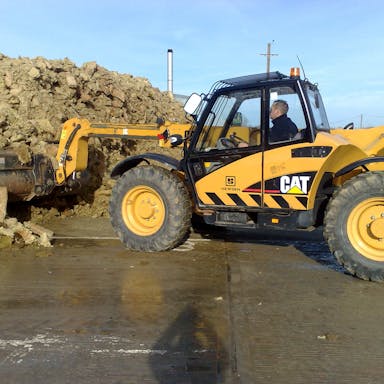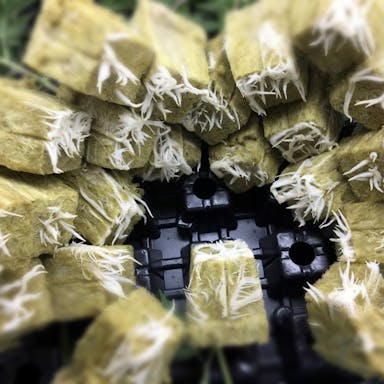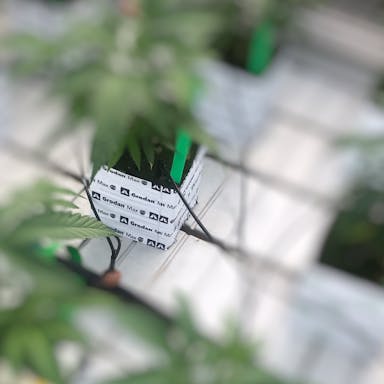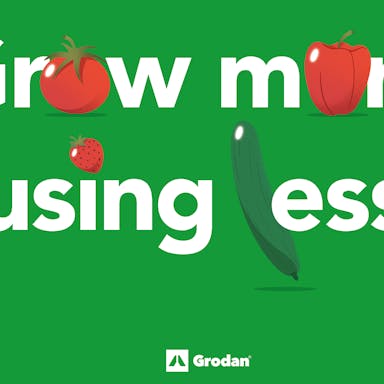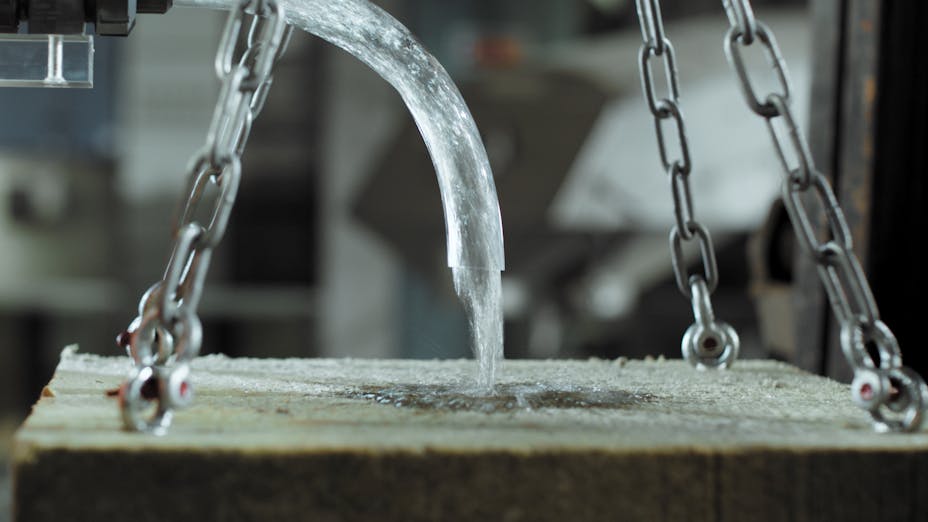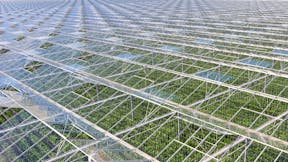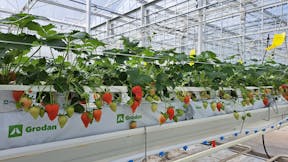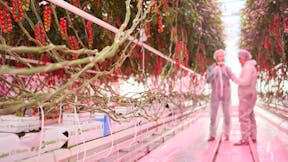Lately, a fascinating article in the Financial Times, ‘Future of food, inside agritech’s Sillicon Valley’, caught my eye. A journalist traveled to Wageningen to see it for himself - Wageningen University (WUR) a major driver for groundbreaking food innovations. Not only in the Netherlands, but also globally. It made me proud that the Netherlands is recognized as the home of such a renowned institute.
Agri-tech innovations are often mentioned in the same breath as sustainable water management. Water management in the horticultural sector is a hot item and thus also for us. For almost 50 years we have been working to drive the efficiency of water management practices to a higher level. The persistent drought of the last few months has forced us to structurally rethink the sustainability of our systems. This is also reflected in the plans from the so-called climate table Agriculture and Land use within the Climate Agreement which asks for a common approach and dialogue.
We would be happy to contribute to these shared ambitions, not only with smart product innovations, in which efficient water use is central (think of e-Gro, NG2.0 or GroSens), but especially by developing and sharing knowledge. Because only by sharing can we improve together. Recently, one of our colleagues spoke at the Water Event 2018, organized by LTO Glaskracht and WUR. At that event, water management was discussed from different perspectives, generating thought-provoking conversations amongst the new generation of growers who are hungry for new techniques and experiences in the field. It is great to see this type of initiative.
Speaking of sharing experiences, two years ago, partnering Priva we drew up an substantial document - the “Best Practice Guidelines for Greenhouse Water Management”. I invite you to read it and share your opinion and ideas.
Water management is and will stay a hot topic for years to come. We can start making progress together right now if we keep discussing and sharing knowledge. Only in this way will we realize our sector ambitions and contribute to the Climate Agreement goals. These are big ambitions, which I applaud. Let’s strive for them together.
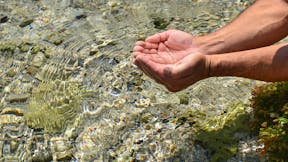
Best Practice Guidelines for Greenhouse Water Management
The information provided within the “Best Practice Guidelines for Greenhouse Water Management” is an example of a collaborative approach, where suppliers have come together to pool their knowledge and experience, offering advice to help facilitate improved environmental performance in the greenhouse sector.
